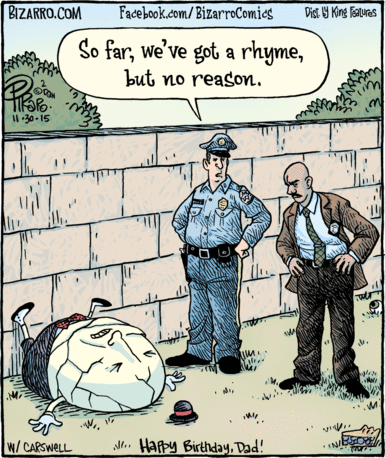If you folded a piece of paper in half 100 times, how tall would it be? [The surprising answer is at the bottom of this post.]
When Albert Einstein was asked what he thought was the human race’s greatest invention, he allegedly replied, “Compound interest.” It was a humorous response and we’re not sure what he meant by it, but it does contain a kernel of truth.
There is a big difference between simple and compound interest. Simple interest lets you earn money on your principal. Compound interest lets you earn money on your principal and your interest. For instance, at a simple interest rate of 10%, it takes 10 years to double your money. A compound interest rate of 10% will double your money in just 7.2 years.
The same advantage that compound interest has on money also applies to the power of compounding in learning. The cumulative effect of learning is astonishing.
John Kotter, in his book Leading Change, puts it this way:
“Between age thirty and fifty, Fran ‘grows’ at the rate of six percent—that is, every year she expands her career-relevant skills and knowledge by six percent. Her twin sister, Janice, has exactly the same intelligence, skills, and information at age thirty, but during the next twenty years she grows at only two percent per year. Perhaps Janice becomes smug and complacent after early successes. Or maybe Fran has some experience that sets a fire underneath her. The question here is, how much difference will this relatively small learning differential make by age fifty?
“Given the facts about Fran and Janice, it’s clear that the former will be able to do more at age fifty than the later. But most of us underestimate how much more capable Fran will become. The confusion surrounds the effect of compounding.
“For Fran and Janice, the difference between a six percent and a two percent growth rate over twenty years is huge. If they each have 100 units of career-related capability at age 30, 20 years later, Janice will have 122 units, while Fran will have 321. Peers at age 30, the two will be in totally different leagues at age 50.” (page 181)
I think the most important life-skill to develop is lifelong learning. It’s more important and doable than you think. This post underscores the marvelous compounding effect of lifelong learning. Engage in it and you’ll soon feel wind filling your sails.
[Here’s a free copy of a book I wrote on Lifelong Learning.]
When is the best time to plant a tree? — Twenty years ago. When is the second best time to plant a tree? — Today.
When is the best time to commit to lifelong learning? — When you’re a child. When is the second best time to commit to lifelong learning? — Today.
Here’s a good place to start: read books. If you read one good book a month and internalize what you learn so that it “sticks,” ten years from now you will have learned from 120 books. Your knowledge of the world will expand. You’ll be emotionally, socially and intellectually energized. And, you’ll be more competitive. [If your colleagues at work don’t read any books in the next ten years (and most people don’t read consistently), you will gain a distinct advantage.]
Now, go read a good book. (I recommend a book I read last week – Think Again by Adam Grant.)
Question – If you folded a piece of paper in half 100 times, how tall would it be?
Answer – Its thickness would equal 93 billion light-years. That’s the power of compounding.




